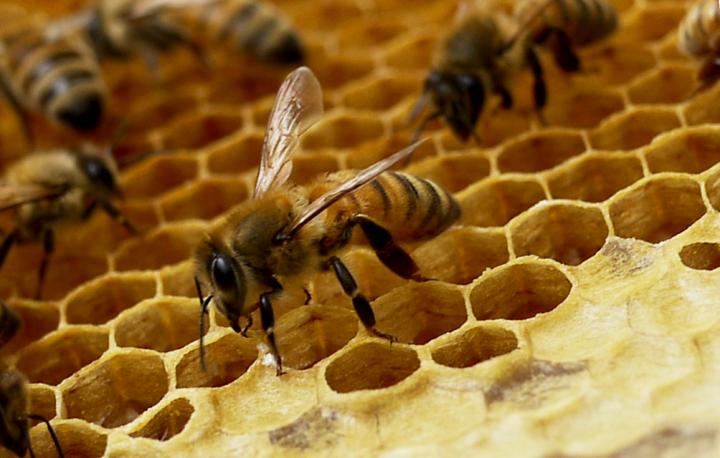Researchers from the U.S. Department of Agriculture’s Agricultural Research Service (USDA-ARS) and Mississippi State University test 42 commonly used pesticides in a realistic field setting in order to determine their toxicity levels.
The researchers found that 26 pesticides, including many (but not all) neonicotinoids, organophosphates, and pyrethroids killed nearly all of the bees that came into contact with the test pesticide sprays. However, seven pesticides, including glyphosate and acetamiprid, killed practically no bees in the tests. Glyphosate is the active ingredient in the herbicide commonly known as Roundup and acetamiprid is a neonicotinoid.
A number of surprises also appeared in the study. First, an insecticide called sulfoxaflor was found to be near the middle in terms of toxicity. This is important because the EPA’s approval of sulfoxaflor was recently overturned by the U.S. Ninth Circuit Court of Appeals. In fact, it was found to be less toxic to bees than permethrin, a pyrethroid insecticide that is used in agriculture, household pesticide products, flea shampoos for pets, and in head lice products for people.
More information is available here: http://www.eurekalert.org/pub_releases/2015-10/esoa-sfg100815.php












